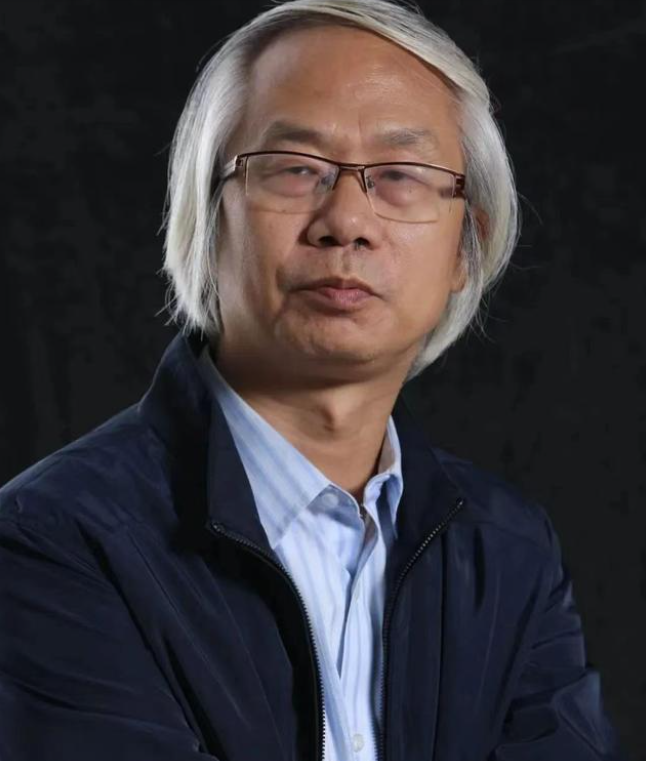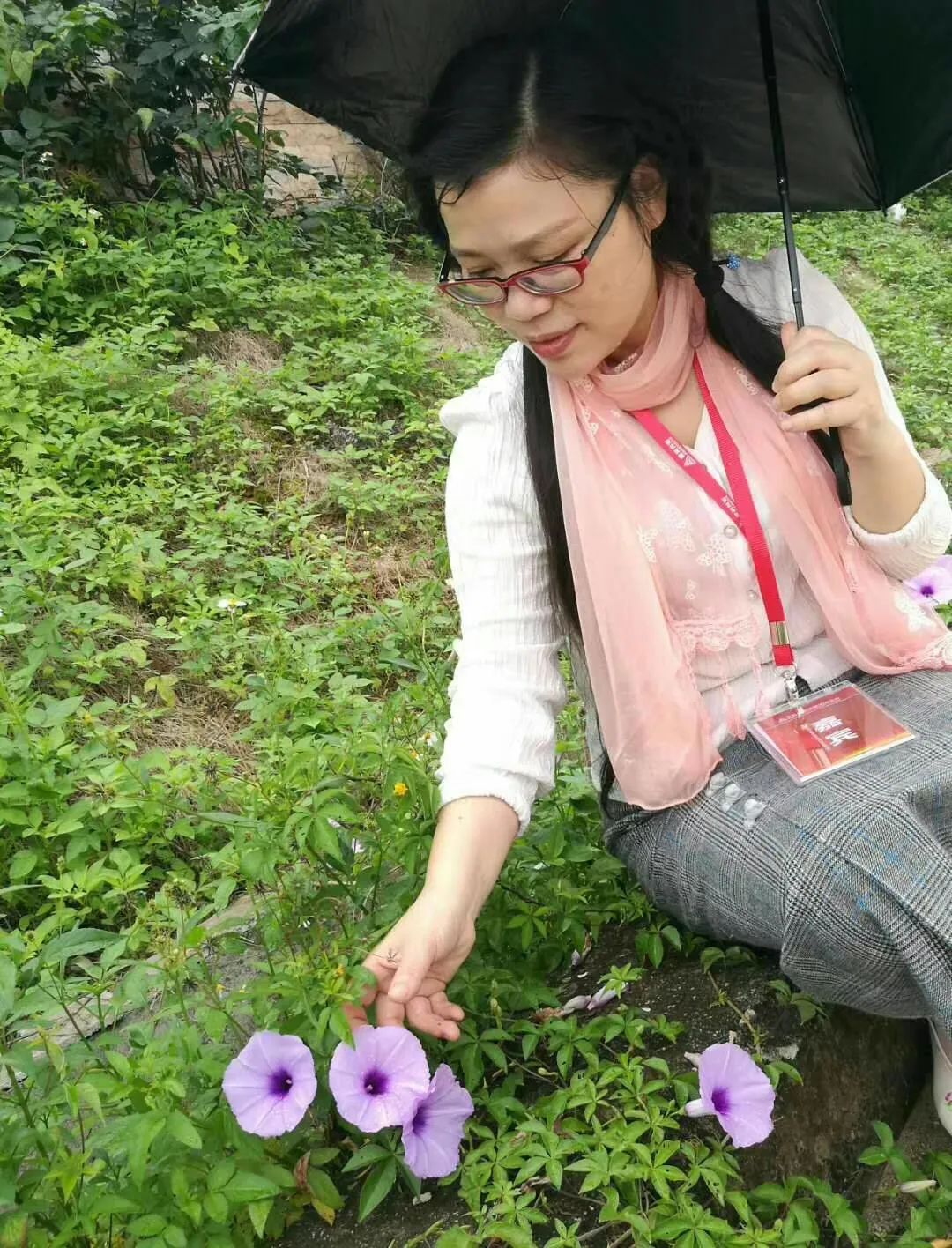Grand Unity and Great Union · Xiang Chao Ben Talking Typhoon (7) -The unity of workers and peasants: united revolutionary forces to carry out armed struggle
Author:Hunan Daily Time:2022.07.21
Open -column
Hunan tide rushed, for a century.
This year marks the 100th anniversary of the policy of the Communist Party of China. Over the past century, the party has always adhered to the eternal theme of the United Front as a united front, and to the greatest extent for the victory of revolution, construction, and reform. Over the past century, under the leadership of the party, Hunan has played an important role in various historical periods of the united front and made positive contributions.
The century -old heart did not change his heart, and the century -old struggle.
In order to remember the early hearts of the century -old concentric, Sanxiang United Front Network and New Hunan jointly planned the "Great Unity and Large Union • Hunan Chao Benyou" column, and selected important nodes and major events in the history of united fronts that have been closely related to Hunan over the past 100 years. In recent years, the brand work of the Hunan united front has been reviewed, reviewing the century -old brilliant journey of the Hunan united front, reflecting the united front in the struggle process, further re -listening to the party's firm beliefs, and the party with the party. Top ten victories were held.

Oil painting "Sanwan Adapted"
After the failure of the Great Revolution, the first cooperation between the KMT and the Communist Party of China announced the breakdown. From the experience of the failure of the Great Revolution, the Communist Party of China began to recognize that farmers are the most important and reliable allies in the proletariat. The Communist Party of China began to go deep into the countryside, launching farmers, armed farmers, carrying out the land revolution, and establishing a rural revolution base. A large number of Communists represented by Mao Zedong, after the establishment and development of the Red Army and the Rural Revolutionary Base, establish a united front of the workers to protect the interests of the allies, and continuously strengthen the practice of the revolutionary team, providing us with many living united front experience.
"Green Forest Good Man" in Jinggangshan

Wang Zuo and Yuan Wencai
On October 3, 1927, Mao Zedong led the adapted Workers and Peasants Revolutionary Army to reach the ancient city of Ninggang from Sanwan. After coming to the ancient city, Mao Zedong decided to convene an experience and lessons of the previous meeting to expand the meeting to summarize the autumn harvest uprising, discussing and deciding to establish a revolutionary base in Jinggangshan. At this time, there is a big problem that needs to be resolved, that is, Jinggangshan already has the "Mountain King". The two "Green Forest" armed by Yuan Wencai and Wang Zuo occupied Jinggangshan, and Mao Zedong wants to go to Jinggangshan and must cooperate with them to obtain them to obtain them to obtain them. Their trust and establishing a united front are a very realistic issue.
At the beginning of the meeting, a considerable number of cadres advocated the use of force to eliminate the teams of Yuan Wencai and Wang Zuo, so as not to stay in the event. However, Mao Zedong did not agree with this, and he advocated the policy of relying and solidarity against Yuan and Wang. He said: "There are more friends in the three mountains and five alluments. We have to unite and transform them and combine Sanshan and Five Yue into a big team."
Soon, Mao Zedong went to meet with Yuan Wen alone and gave him 100 shots. This made Yuan Wencai realize that Mao Zedong did not annex himself, but helped himself develop. Yuan Wencai immediately stated that the supply of food and farmers of the Workers and Peasants Revolutionary Army was supplied, and she gave it to hundreds of silver circles to make the economic and agricultural revolutionary army's economic urgent urgent. Then, Yuan Wencai set up a rear left -behind and hospital for the Workers and Peasants Revolutionary Army, and properly resettled the wounded.
In order to do a good job of Wang Zuo, Mao Zedong appointed He Changgong to bring him a letter to Wang Zuo and go up the mountain alone. Wang Zuo was very happy to see the letter, and immediately set up a banquet, but still had alertness. He Changgong carried out united front work in accordance with Mao Zedong's instructions to expand the "circle of friends". He Changgong first made friends with Wang Zuo, pushed his heart to talk to him, and then started with Wang Zuo's mother, carried out serious and meticulous ideological work, and convinced Wang Zuo together. In order to prove his sincerity, He Changgong also helped Wang Zuo to destroy the enemy -Yin Daoyi, the commander -in -chief of the reactionary group of the Jinggangshan area. Later, Mao Zedong personally met Wang Zuo on the mountain and persuaded him to "walk with the Communist Party, not to be a good green forest, make a revolution for the poor", and gave him 70 shots. Wang Zuo was deeply taught and discussed with Yuan Wencai to participate in the revolution and accepted the leadership of the Communist Party of China.
In February 1928, Mao Zedong adapted Yuan Wencai and Wang Zuo for the second regiment of the First Division of the Workers and Peasants Revolutionary Army. For the party representative. Two places that were originally called "bandits" were armed, becoming an important part of Jinggangshan's Chinese Workers and Peasants Red Army.
Zhu De carried out united front work on the 16th Army Director of the Kuomintang in Rucheng, Hunan

Oil painting "Jinggangshan Master"
On April 28, 1928, Mao Zedong led the Autumn Harvest Uprising Force, and some teams of Xiangnan Uprising and Nanchang Uprising led by Zhu De and Chen Yi were held in Jinggangshan (formerly Longcheng Town in Ninggang County). Together. After the army's division, the division co -compiled as the "Fourth Army of the Chinese Workers and Peasants Revolutionary Army".
Zhu De once said that without Fan Shisheng's help, our troops were "likely to light." In other words, if there is no help from Fan Shisheng, there may be no Zhu Maojing Okayama Master.
Prior to the Okayama Okayama, more than 800 insurgents after the failure of the Nanchang Uprising, led by Zhu De and moved to Rucheng, Hunan. After the troops entered the castle, they faced many difficulties: the supplies and ammunition could not be supplemented, and the wounded staff could not get the treatment of the medicine. In the severe situation of isolation and the depression of the troops, Zhu De unexpectedly saw Fan Shisheng unexpectedly from the newspaper. The 16th Army of the Kuomintang has shifted from Guangdong to the area of Luzhou and Rucheng, Hunan, Hunan, which is neighboring. Zhu De seized the opportunity, carried out the united front of the Kuomintang general Fan Shisheng, strived for his cooperation, and cracked the current dilemma. Fan Shisheng (1887-1939)

Fan Shisheng was a classmate of Zhu De's lecture on the first class of Wutang in Yunnan. At this time, Fan Shisheng also actively sent the Communist Party member Webercuo to contact Zhu De, who worked in his troops, hoping to cooperate with his old classmate Zhu De.
Knowing that Zhu De had arrived in Rucheng, Fan Shisheng rushed to Rucheng to meet Zhu De in person. During the negotiation, Zhu De proposed three principles: "We are the Communist Party's team. When the party is transferred to us, we will go; adding our materials to our ourselves. According to our decision, we must not interfere. "
Fan Shisheng fully agreed that the two parties reached three agreements: First, the establishment and organization of Zhu De's troops after agreeing to cooperate, and they must go at any time. 2. The Red Army changed the number of the 140th regiment of the 16th Army's 47th Division. Third, according to the compilation of a group, first pay the salary for a month, and immediately distribute weapons, ammunition and being served.
Fan Shisheng quickly came to the munition supplies that could be equipped with a whole regiment. Zhu De later said: "He received 100,000 bullets, and our strength was enhanced. He also received 10,000 yuan a month to raise 10,000 yuan, doctor, western medicine, quilt ...".
In early 1928, Chiang Kai -shek found that the remaining part of the Nanchang Uprising Army was hidden in Fan Shisheng's troops, and ordered Fan Shisheng to terminate the armed forces of the uprising army and arrest Zhu De. After receiving Chiang Kai -shek's secret order, Fan Shisheng considered repeatedly and decided to let Zhu De leave temporarily and escape the disaster in front of him.
When Zhu De led the troops to leave Jinggangshan, Fan Shisheng sent someone to send tens of thousands of dollars and a number of guns and ammunition and military equipment. Together with the various equipment of the remaining divisions of the remaining divisions, together with Zhang Ziqing, Zhang Ziqing, Wu Zhonghaoying, and the 3rd Division of the Workers and Peasants Revolution.
Fan Shisheng's united front work has concealed the rest of the Nanchang Uprising, causing great confusion to the enemy. The three principles proposed by Zhu De in the cooperation provide valuable experience for the exploration of the Communist Party of China.
- END -
Liu Yantao ||

The picture shows Mr. Liu YantaoWhen entering the creative state, you must give th...
[Famous Poet] He Qisan's three quatrains are closer to the elevation

About the AuthorHe Qi, Su Song, Anhui, member of the Chinese Poetry Society, membe...